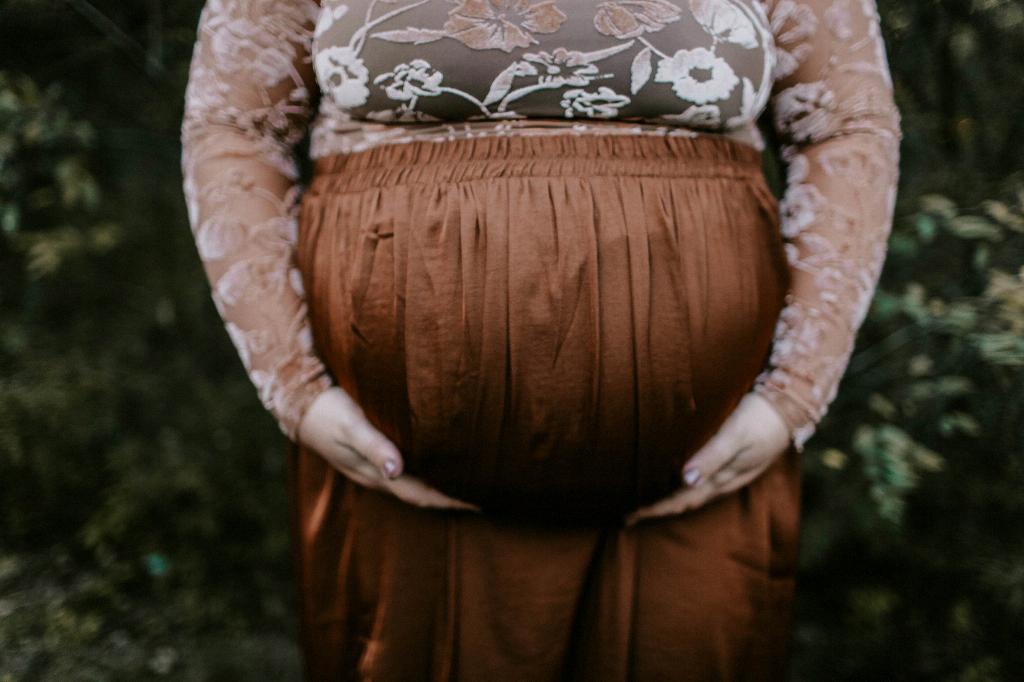When it comes to pregnancy, there are often a lot of questions surrounding what is safe and what is not. One common concern is whether it is safe for pregnant individuals to consume decaf coffee. Decaf coffee is often seen as a suitable alternative for those looking to avoid the potential risks associated with regular coffee consumption during pregnancy. However, there are certain factors to consider when it comes to decaf coffee and its safety for pregnant individuals.
Decaf coffee is known for its lower caffeine content compared to regular coffee, which can be beneficial for pregnant individuals who are advised to limit their caffeine intake. The process of decaffeination usually involves removing about 97% of the caffeine present in the coffee beans. This means that decaf coffee may contain trace amounts of caffeine, but in significantly lower quantities than regular coffee.
Despite its lower caffeine content, it is essential for pregnant individuals to be mindful of their overall caffeine intake, including decaf coffee. Even small amounts of caffeine can add up throughout the day, particularly if multiple servings of decaf coffee are consumed. It is recommended that pregnant individuals limit their daily caffeine intake to about 200 mg, which is roughly equivalent to one 12-ounce cup of regular coffee.
While decaf coffee is generally considered safe for pregnant individuals, it is crucial to note that not all decaf products are created equal. Some decaf coffee products may still contain higher levels of caffeine compared to others, depending on the decaffeination process used. It may be helpful to opt for decaf coffee that has undergone the Swiss water process or the carbon dioxide method, as these methods are known for effectively removing caffeine from the beans.
Additionally, pregnant individuals should be aware of other potential contaminants in decaf coffee, such as chemicals used in the decaffeination process. Opting for organic decaf coffee can help reduce the risk of exposure to pesticides and other harmful substances that may be present in conventionally grown coffee beans.
It is also important to consider how decaf coffee may interact with any existing health conditions or medications that a pregnant individual may be taking. Some individuals may be more sensitive to certain compounds in decaf coffee or may experience adverse reactions when consuming decaffeinated products. Consulting with a healthcare provider before including decaf coffee in your diet during pregnancy is always a prudent decision.
Furthermore, pregnant individuals should pay attention to their overall dietary habits and ensure that they are maintaining a balanced and nutritious diet throughout pregnancy. While decaf coffee can be enjoyed in moderation, it should not be used as a substitute for essential nutrients that are crucial for the health and development of the fetus.
In conclusion, decaf coffee can be a relatively safe option for pregnant individuals looking to enjoy a warm and comforting beverage without the stimulating effects of caffeine. However, moderation is key, and it is advisable to monitor your overall caffeine intake from all sources, including decaf coffee. By making informed choices and consulting with a healthcare professional, pregnant individuals can make the best decisions for their health and the health of their baby.

